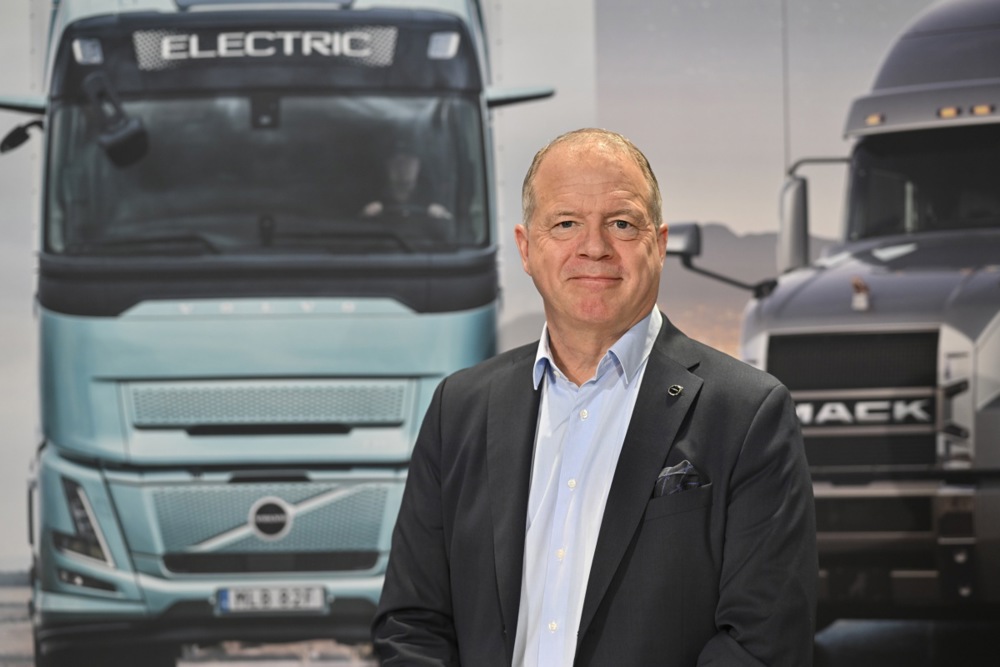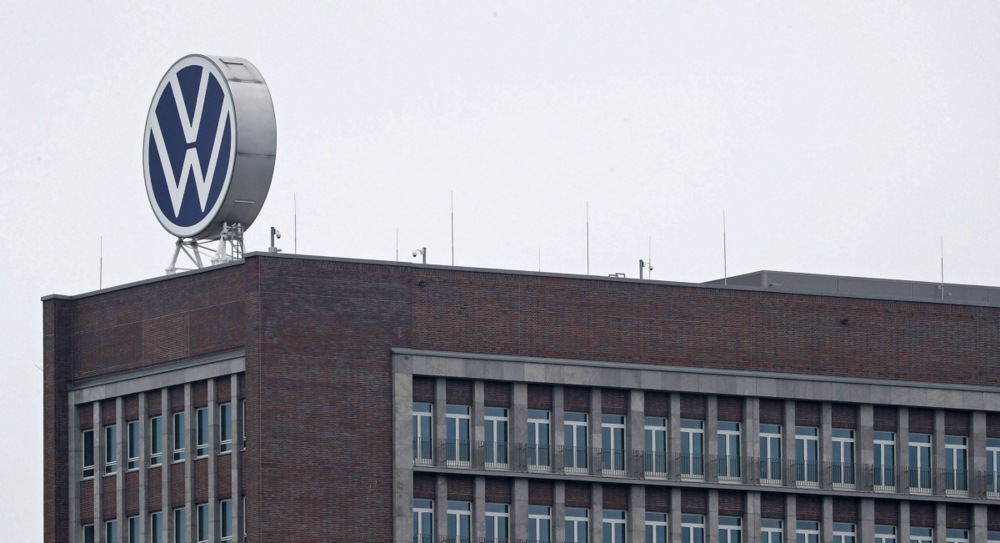Germany’s auto giant Volkswagen has reported a 36.3 per cent drop in its net profits, citing US tariffs and ongoing struggles with its electric vehicle strategy.
With weak performance across its premium brands, the Lower Saxony automaker also abandoned earlier hopes of up to 5 per cent revenue growth, now anticipating sales to remain flat compared to last year.
Weak financial results from Audi and Porsche, two of Volkswagen’s most profitable subsidiaries, also weighed heavily on group earnings.
“Increased US import tariffs and restructuring measures had a negative impact”, said chief financial officer Arno Antlitz.
Meanwhile, the shift to electric vehicles has dented Volkswagen’s economic engine considerably. “The operating result declined by a third year-on-year – also due to higher sales of lower-margin all-electric models,” Antlitz added.
Volkswagen’s second-quarter net profit fell to €2.29 billion, while its operating profit dropped by 29 per cent to €3.83 billion. Its operating margin of 4.7 per cent was now the lowest in years.
Revenue declined by 3 per cent to €80.6 billion despite a slight uptick in deliveries.
In response, Volkswagen cut its full-year profit margin forecast to between 4.0 per cent and 5.0 per cent, down from its previous hopes of between 5.5 per cent to 6.5 per cent.
The outcome of US–EU trade talks also weigh heavily on Volkswagen’s future. Potential tariffs range between 10 and 27.5 per cent depending on negotiations, and a blanket 30 per cent duty threatened by the US after August 1–currently less than a week away–could further impact forecasts.
Despite the headwinds, VW says it will continue to persist with its long-term transformation, including a shift toward electrification and a €15 billion cost-saving plan—though any near-term payoff remains elusive.
Volkswagen already has been hit by a 25 per cent tariff hike imposed by Washington on imported vehicles, which came into effect earlier this year as part of a broader protectionist trade policy.
The company estimated these increased duties have cost it around €1.3 billion in the first half of 2025 alone.
To shield its American consumers from the full impact of the price increases, VW temporarily absorbed the additional costs, further squeezing margins. North American sales by volume fell 16 per cent over the same period, however, primarily due to these tariffs.
The underperformance of the premium Audi and Porsche brands was especially damaging given their historic role in boosting profitability during industry downturns.
While Volkswagen’s shift to electric cars continues, sales of electric vehicles remain less profitable than their combustion-engine counterparts.
Margins in the electric vehicle segment are under pressure from high production and development costs, ongoing supply chain adjustments, and limited pricing flexibility.
Despite growing demand, EVs deliver weaker returns and contributed to the company’s overall margin contraction.
Volkswagen cited a significant decline in earnings from China, one of its most important markets.
The group is also incurring high restructuring costs as it overhauls its global operations.
This includes a landmark agreement struck with unions last year to cut 35,000 jobs in Germany by 2030, part of a cost-saving programme aimed at reducing annual expenses by €15 billion.
These transformation efforts, critical for long-term competitiveness, are currently adding short-term financial strain.
“The Volkswagen Group has held its own in an extremely challenging environment,” argued CEO Oliver Blume, citing “improved product design, quality, and software integration”.
“In a challenging global market environment, our sales figures remain stable”, Blume added.
Finance chief Antlitz said Volkswagen was “on the right track” and that performance was at the “upper end of expectations”, if tariffs and restructuring costs are excluded.
In the first quarter, meanwhile, Volkswagen’s profits already slumped by almost 41 percent year-on-year to €2.19 billion.
Volkswagen has warned it can no longer rule out plant closures in Germany as it pursues ways to save several billion euros in a cost-cutting drive at its namesake brand. https://t.co/YMB9SLQufW
— Brussels Signal (@brusselssignal) September 3, 2024





